Milestones in nursing history
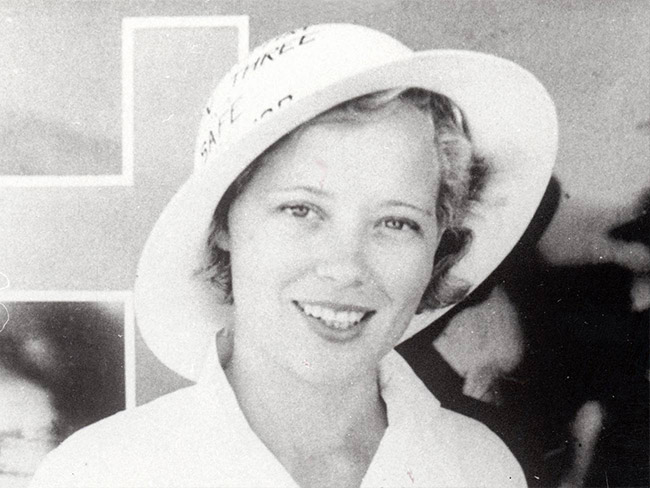
Kaiser Permanente’s first nurse
In 1933, Elizabeth “Betty” Runyen, RN, started working at Contractors General Hospital after graduating from nursing school. She worked with Kaiser Permanente founding physician Sidney R. Garfield, MD. Runyen learned advanced care methods beyond her training. Her leadership and advanced care knowledge help shape the value and role of nurses at Kaiser Permanente.
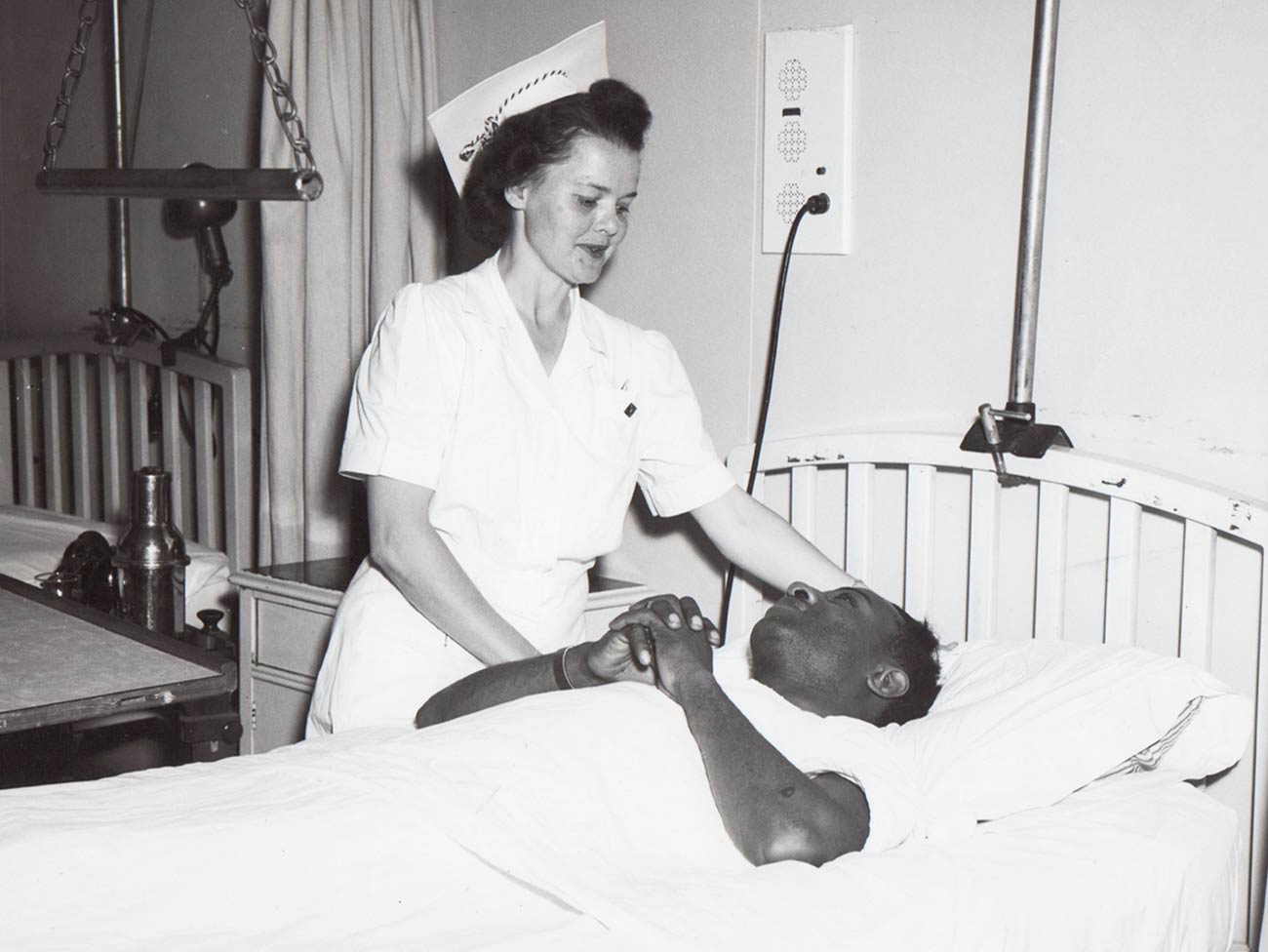
Nurses serve wartime Kaiser workers
Kaiser Permanente founding physician Sidney R. Garfield, MD, begins running the Permanente Health Plan for WWII Kaiser shipyard workers in Richmond, California, where 280 nurses assisted 83 physicians to serve almost 90,000 employees.
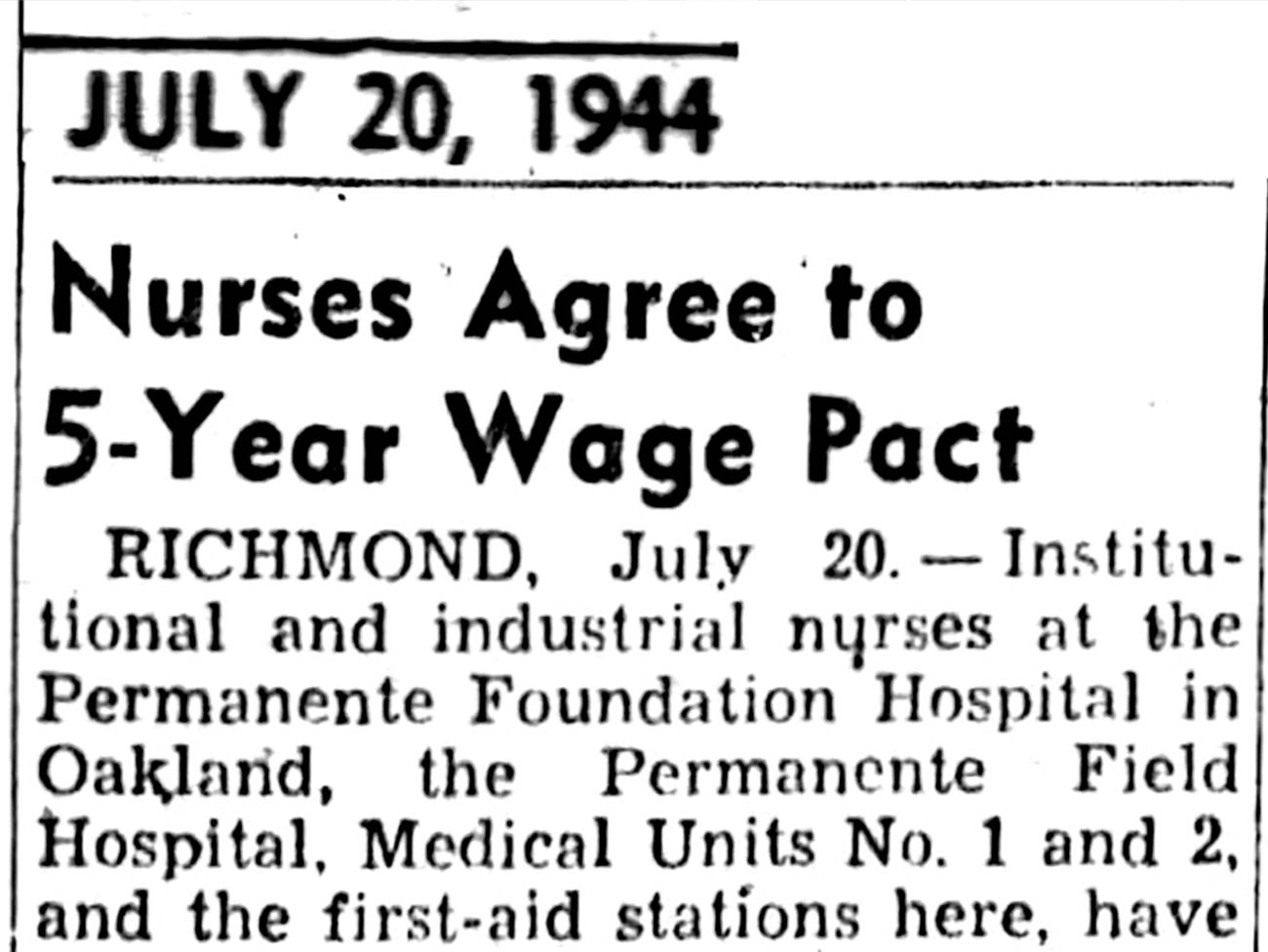
First U.S. nurse labor agreement
Nurses working under Dr. Garfield sign a 5-year contract covering salaries and services, represented by the Alameda County Nurses’ Association, part of the California State Nurses’ Association. This is believed to be the first nurses labor agreement in the United States.
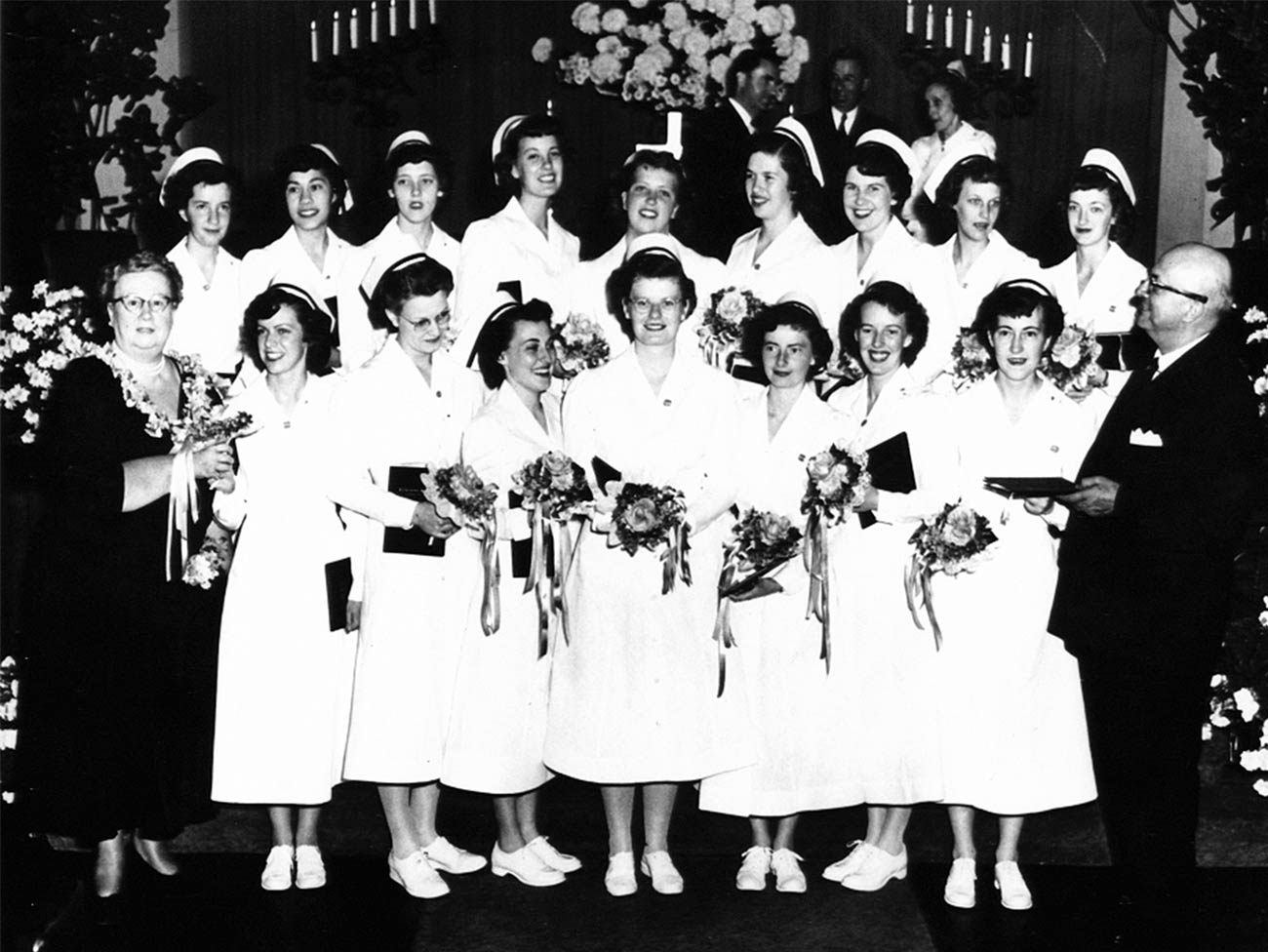
School of nursing opens
The Kaiser Foundation School of Nursing welcomes students from all races and backgrounds. Student nurses learn Kaiser Permanente’s innovative care delivery approach — evidence-based practices and preventive measures to improve health. The school closed in 1976, but its legacy continues. The Kaiser Permanente Nurse Scholars Academy, founded in 2015, advances the nursing profession through best practice integration and the development of future nurse leaders.
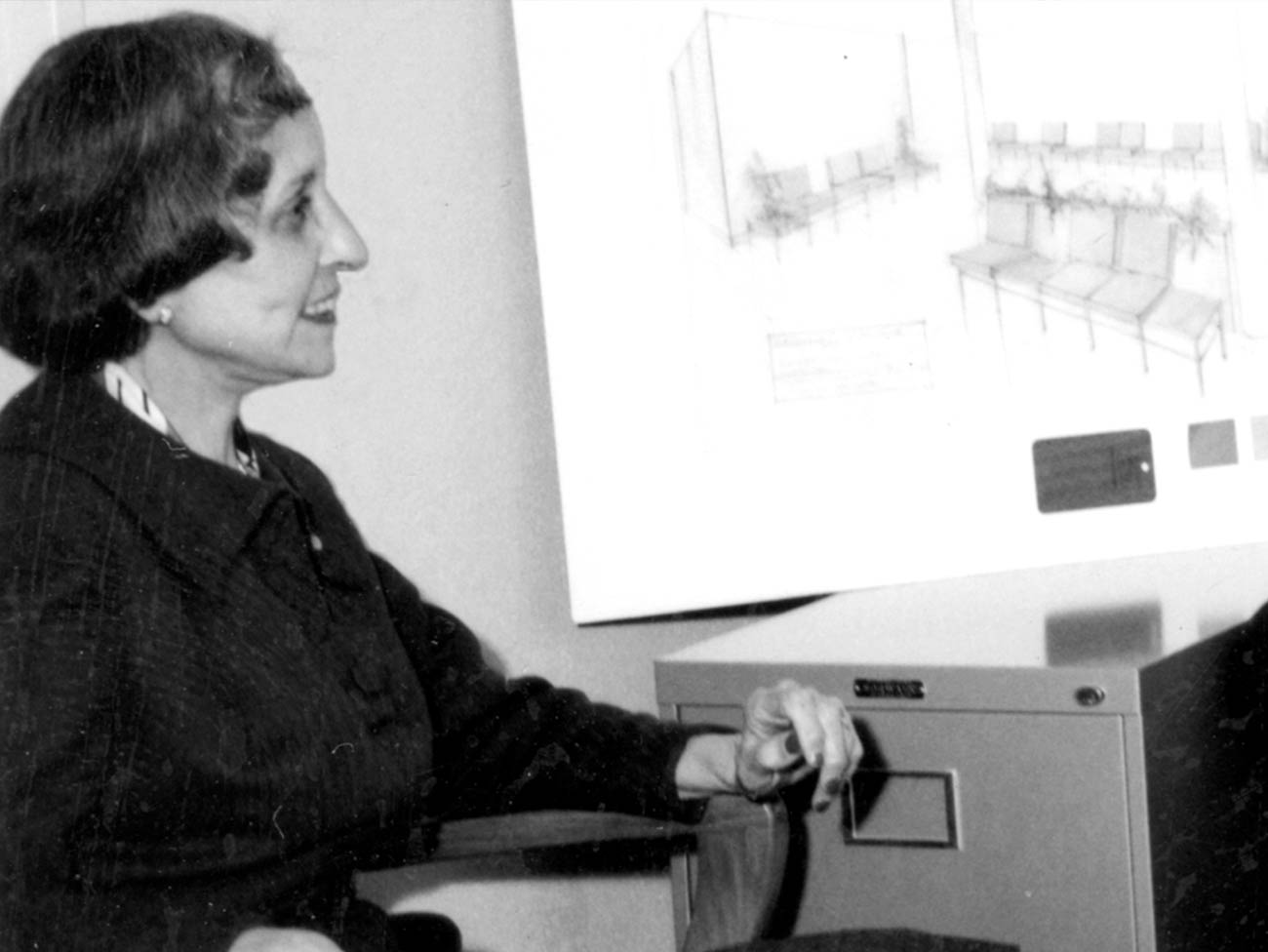
Nurse appointed first female hospital administrator
Dr. Garfield appoints registered nurse Dorothea Daniels administrator of the newly opened Kaiser Foundation Hospital in Los Angeles, making her the first female Kaiser Permanente hospital administrator. Daniels had served as the director of nursing in the Permanente Foundation hospital in Oakland, California, and as first director of its nursing school.
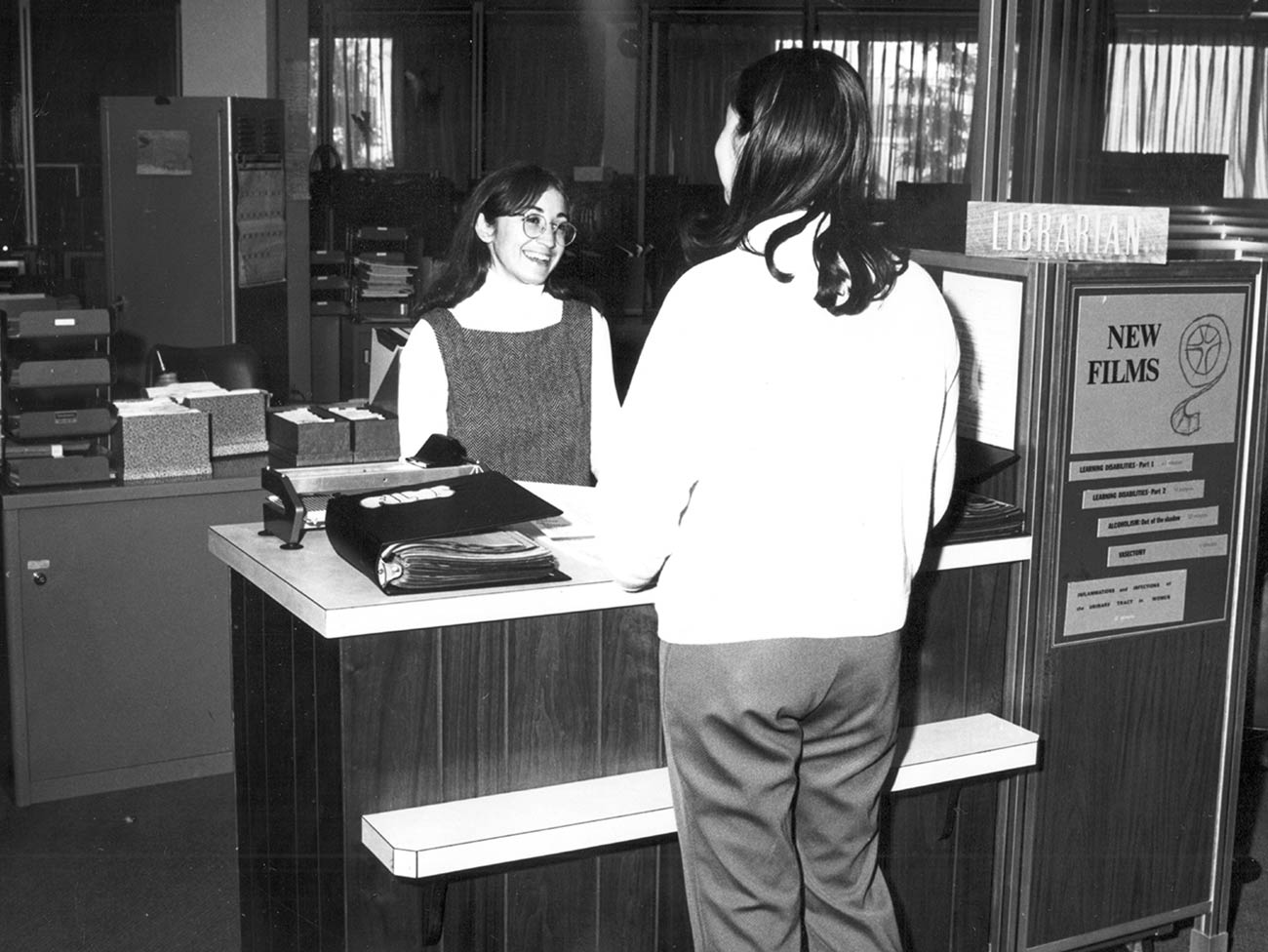
Nurse opens center for health education
Registered nurse Frances Bobbie Collen is assigned to run the health education research center at the Permanente Foundation hospital in Oakland. It was the first library in the United States to provide health and medical information to the layperson, and was a demonstration model for other health care organizations.
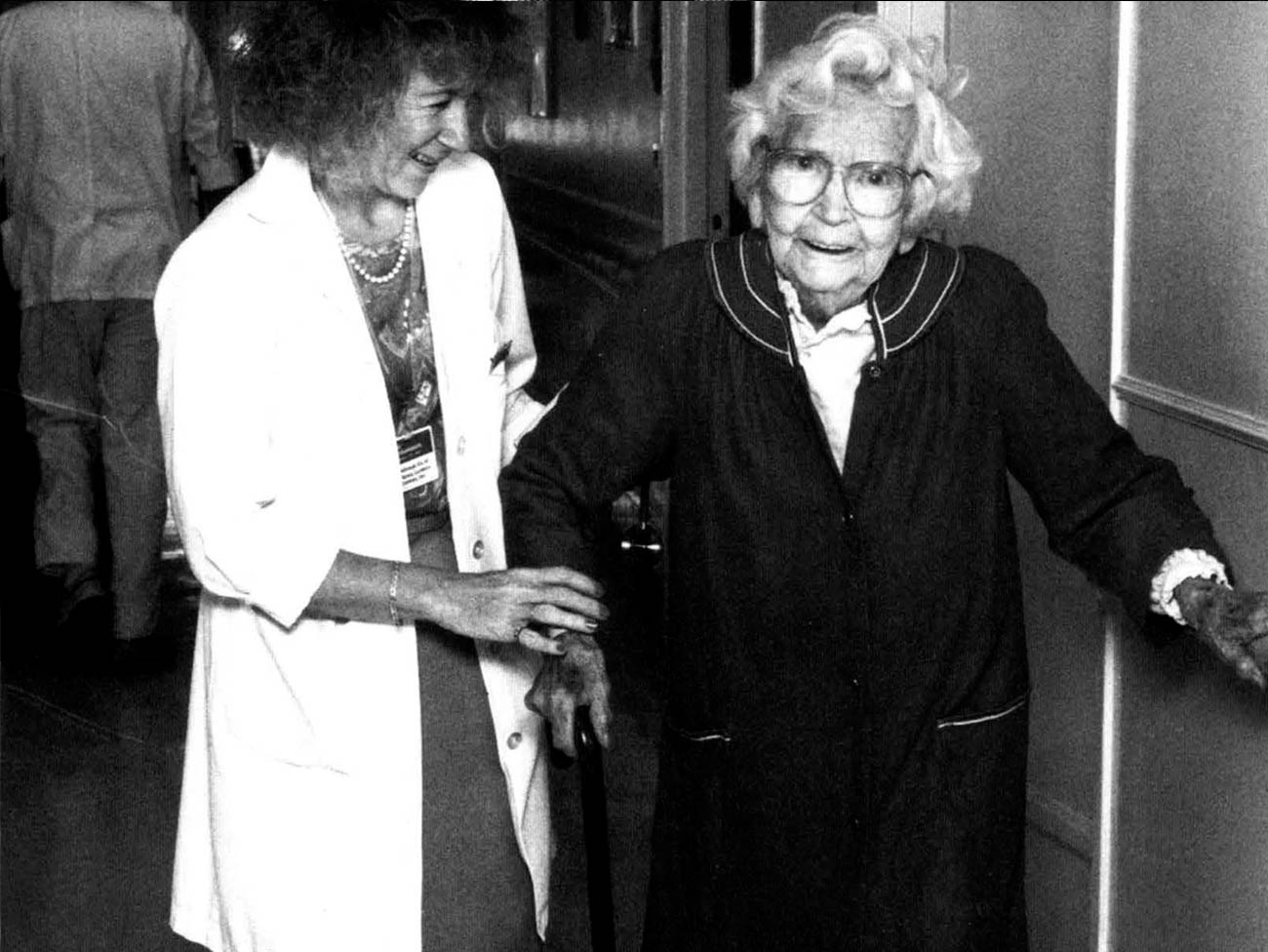
Nurse practitioners pioneer new health care role
Kaiser Permanente becomes the first prepaid group practice to hire the new health care professional role of nurse practitioner. This was 1 of the 4 roles that encompass advanced practice nursing, along with nurse-midwife, nurse anesthetist, and clinical nurse specialist, filling the gap between nurses and physicians to provide affordable, high-quality care.
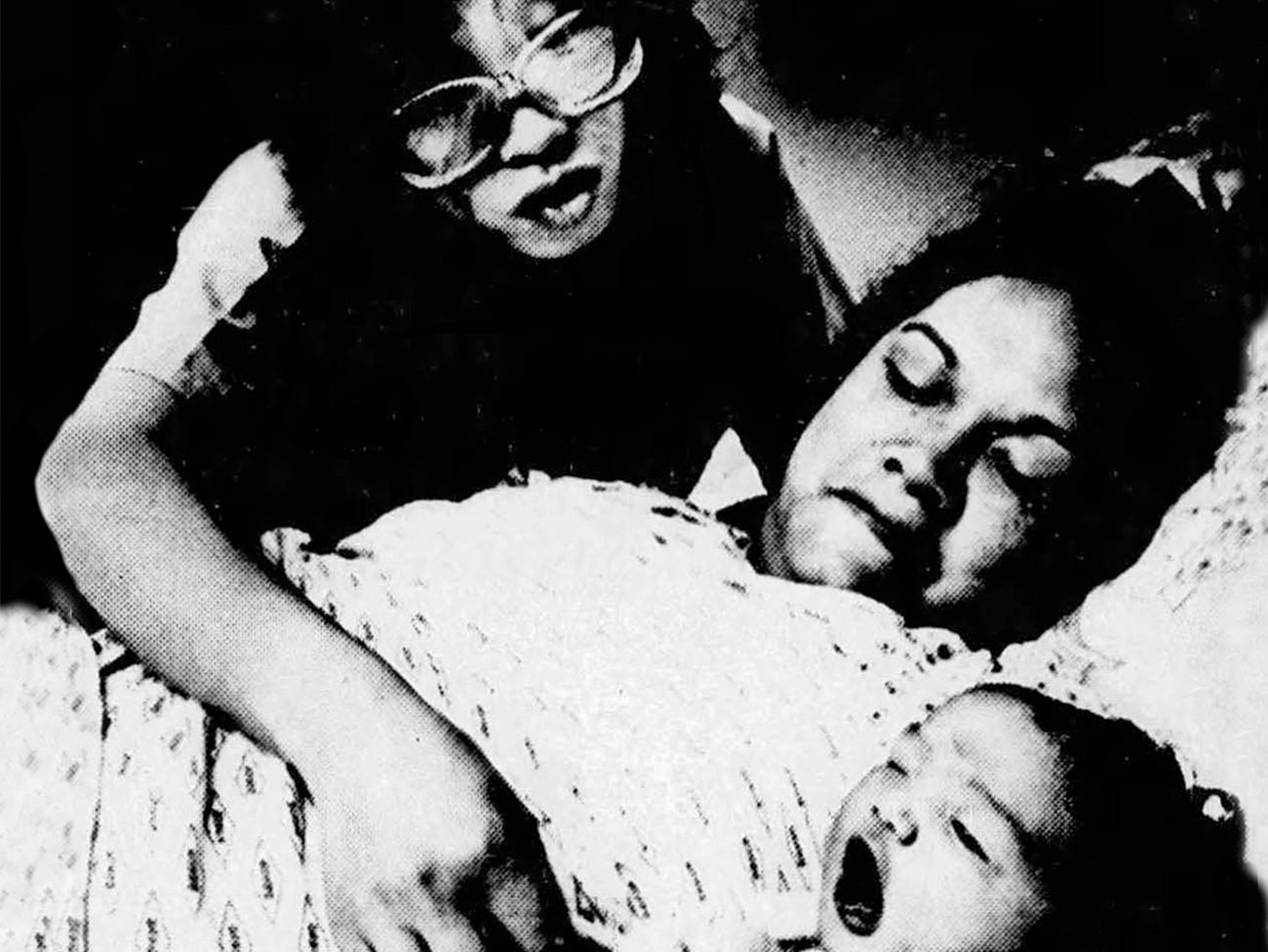
Nurse-midwives support women’s health care
Kaiser Permanente in Oregon hires its first certified nurse-midwife, an uncommon role in major hospital facilities, raising the bar for women’s health care.
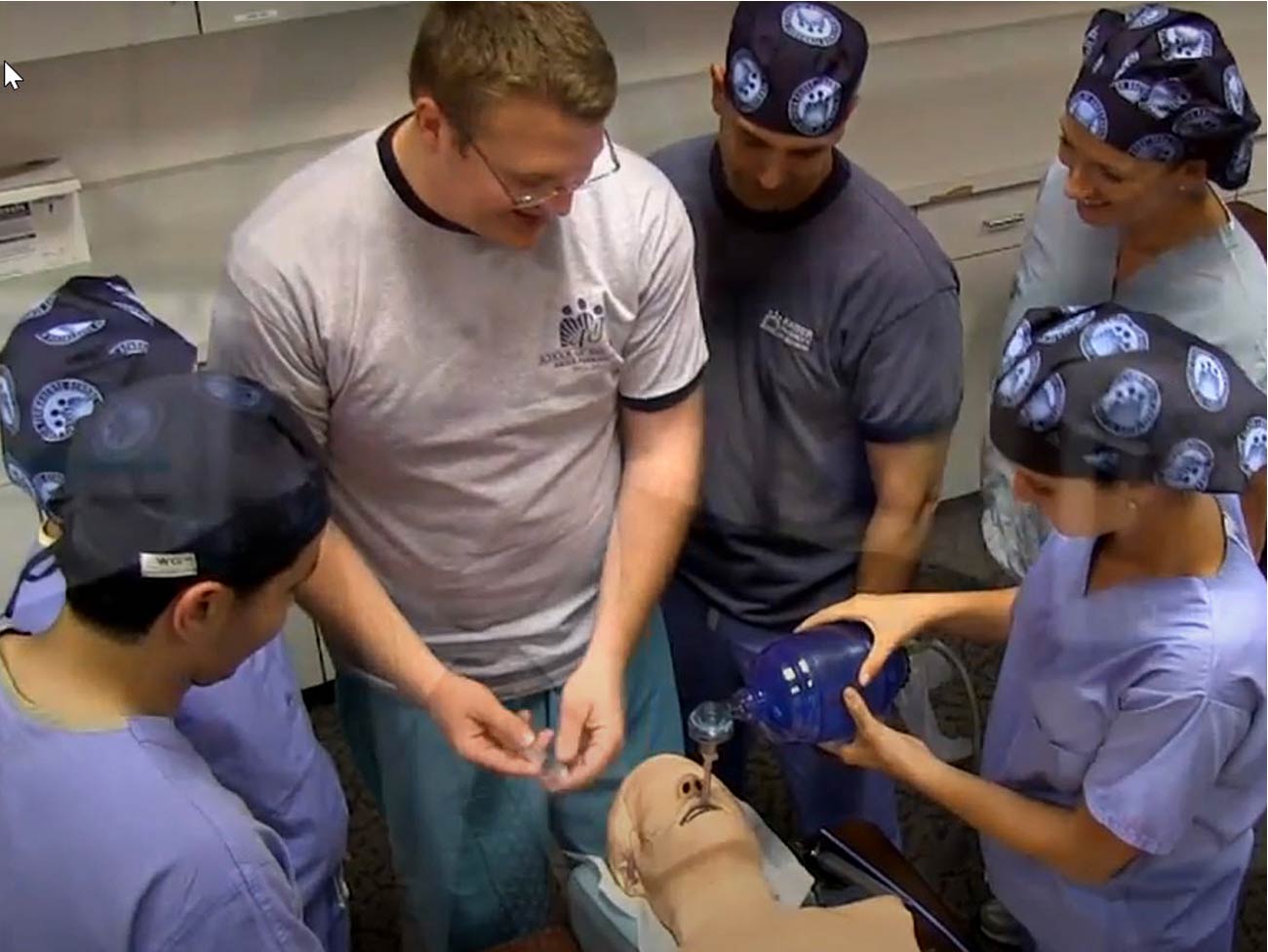
School of anesthesia opens
The Kaiser Permanente School of Anesthesia for Nurses opens in Los Angeles. The KPSA was the first to offer a program for a Master of Science in Nursing with a clinical specialty of nurse anesthesiology awarded in the United States. In conjunction with California State University, Fullerton, the school has developed an outstanding reputation throughout the country and its graduates have a 100% job placement rate.
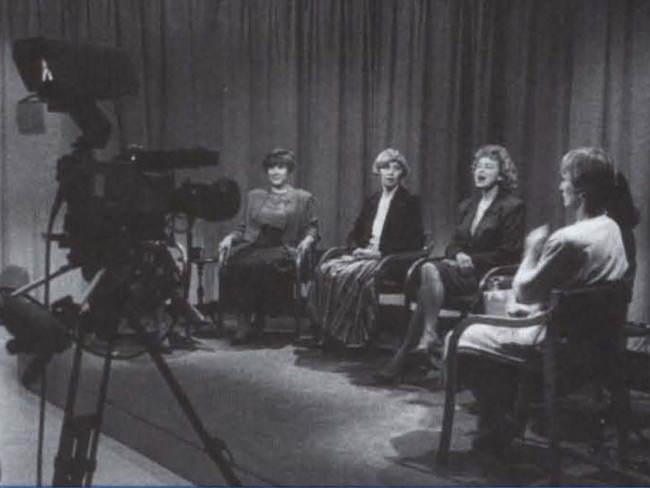
Nurses pioneer teleconference learning
Kaiser Permanente launches an innovative teleconferencing program for distance learning. The charter class of the master’s degree in nursing and leadership course given through Sonoma State University and Holy Names College graduated 16 nurses the following year.
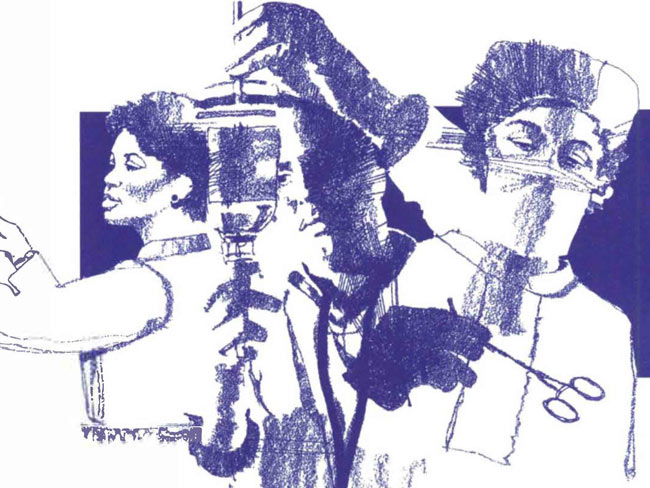
Program launches to stabilize nurse workforce
Kaiser Permanente launches the Nursing Workforce Initiative to ensure that the health care organization has an appropriately prepared staff to provide care for its members. In the first year it successfully recruited 922 nurses.
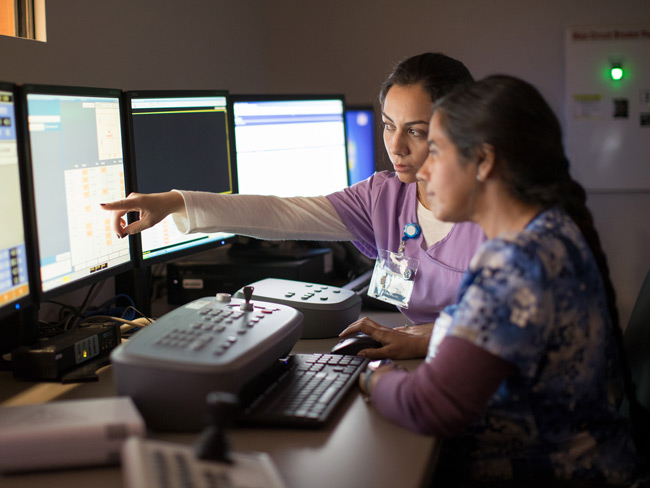
Electronic health record system launched
Kaiser Permanente configured and deployed a nationwide electronic health record system across its markets. As part of the design, computer-based nursing documentation became a core in the system’s development. The system went live in phases. Ambulatory Nursing went live in 2003, followed by Inpatient Nursing in 2005. By the end of 2010, Kaiser Permanente’s electronic health record system connected all of our facilities nationwide.

Nursing practice innovations tested at new center
The Garfield Innovation Center in Oakland, California, introduces the hospital room of the future, which Kaiser Permanente’s national nursing leader Marilyn Chow, RN, helped design. It is a major advancement for modeling nursing practices and testing new technologies and care environments with front-line nurses.
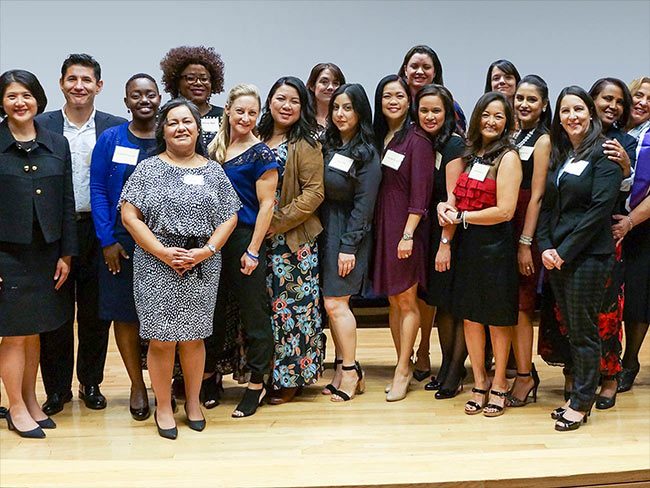
Continuing education for nurses
The Kaiser Permanente Nurse Scholars Academy is launched in Northern California, offering advanced degree options and professional development programs for working nurses. It achieves national recognition for its innovative academic partnerships and a video documentary highlighting the legacy of nursing at Kaiser Permanente.
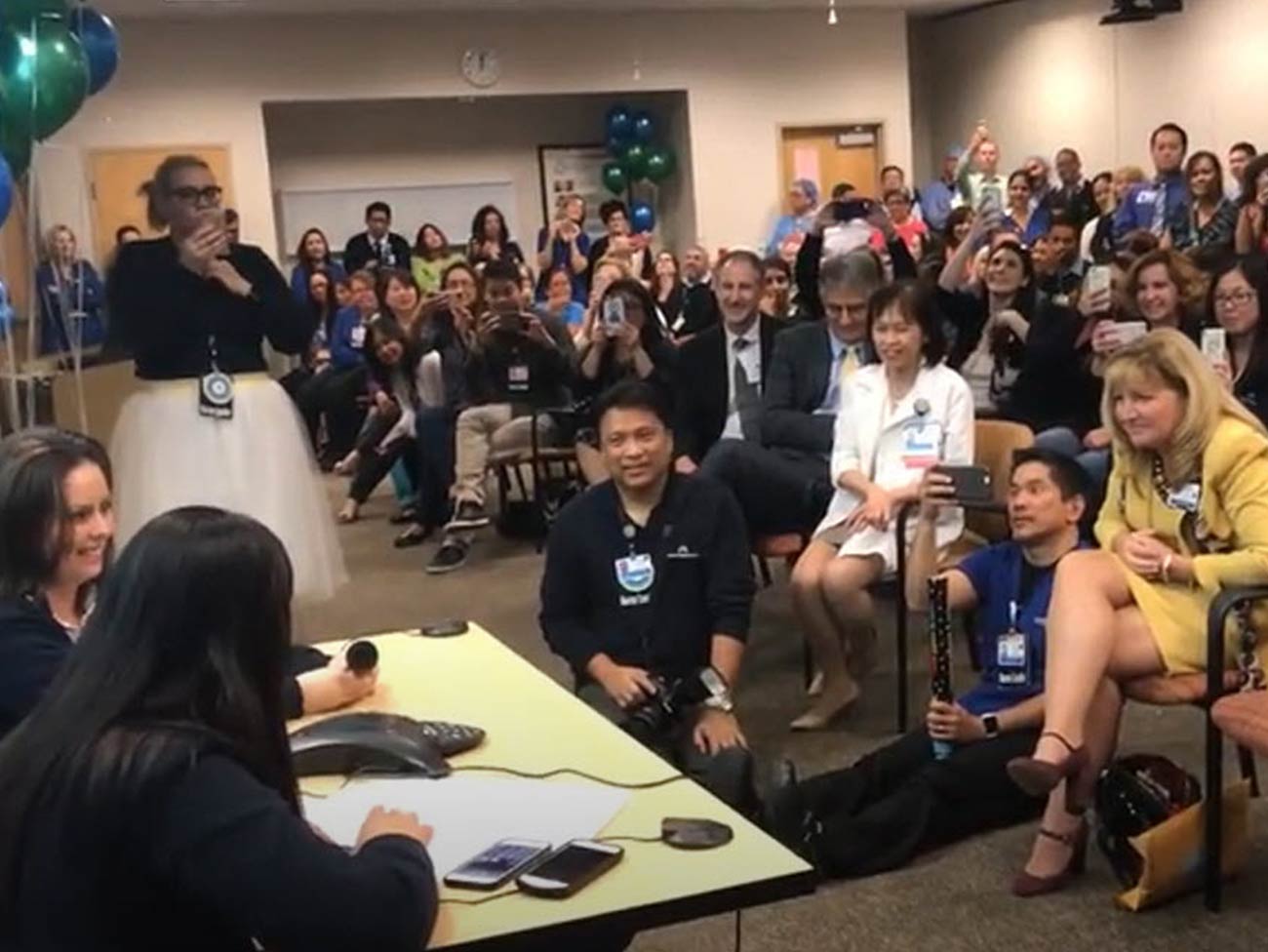
Magnet® recognition for nursing excellence
Kaiser Permanente Irvine Medical Center becomes the first of the organization’s hospitals to achieve the prestigious Magnet designation, one of the highest international honors for nursing excellence. It is awarded by the American Nurses Credentialing Center and measures quality, safety, patient care experience, and nursing engagement.

Nurse foundation program supported
Kaiser Permanente provides essential support for the American Nurses Foundation “RN Initiative” to launch and design a national multiphase proposal to reimagine nursing education, regulation, and practice.
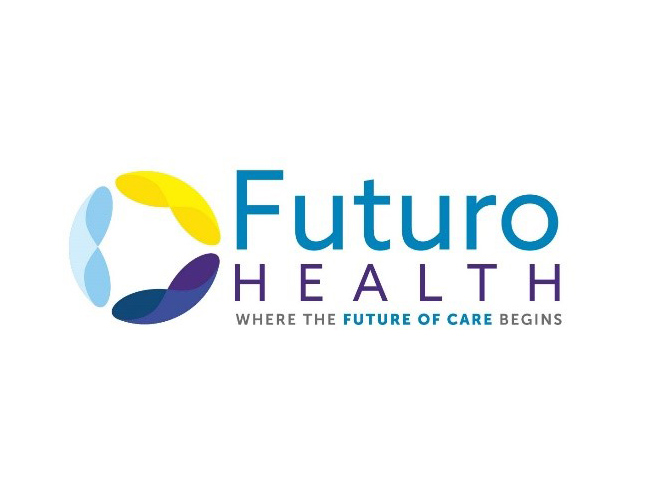
Labor-management collaboration for nurse training
In the wake of COVID-19, online training for pandemic readiness is offered to licensed vocational nurses and licensed practical nurses as a project of Futuro Health, a California-based nonprofit established by Kaiser Permanente and the Service Employees International Union-United Healthcare Workers West.
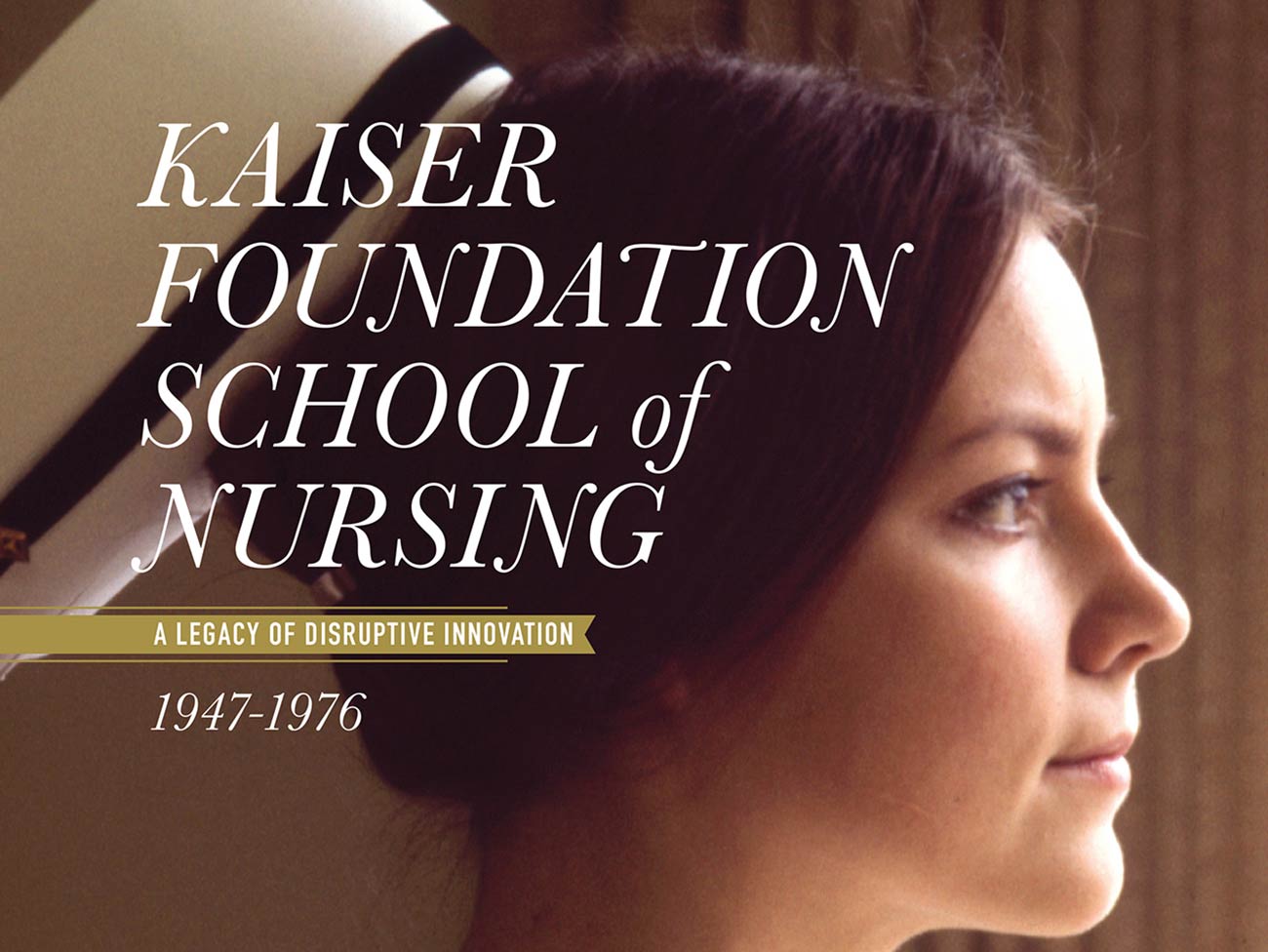
History of Kaiser Permanente nursing published
A landmark nursing book is published about the Kaiser Foundation School of Nursing, documenting the 75-year history of disruptive innovation and the many accomplishments of Kaiser Permanente nurses over the years.
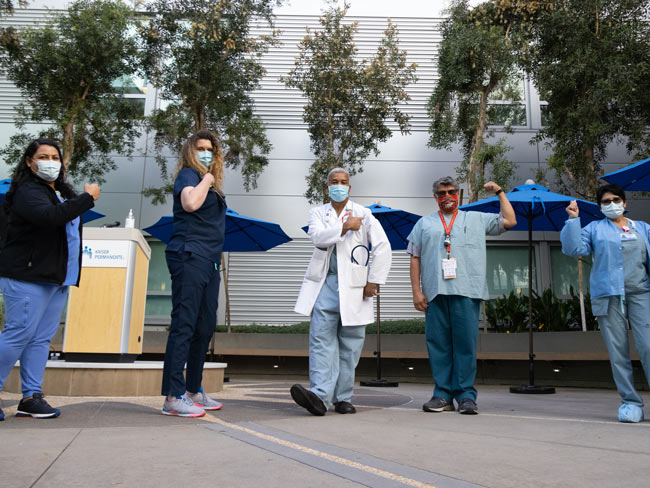
Resilience during the COVID-19 pandemic
Kaiser Permanente marked its 75th anniversary as the global pandemic became a public health emergency that required nurses to operate in new and different ways.
Throughout the year, more than 4.8 million COVID-19 tests were administered. By the end of the year, our nurses and physicians had cared for almost 600,000 patients with COVID-19. This included conducting more than 31 million video and telephone visits, and delivering intensive hospital care to nearly 33,000 patients infected with the virus.
As millions of people lost their jobs and employer-sponsored health coverage, we offered COVID-19 testing and treatment at no cost for our members. And we worked with our patients and members to help them keep their coverage.
Our scientists and clinicians worked with the Centers for Disease Control and Prevention and National Institutes of Health on the first COVID-19 vaccine trials and first COVID-19 vaccinations in December.
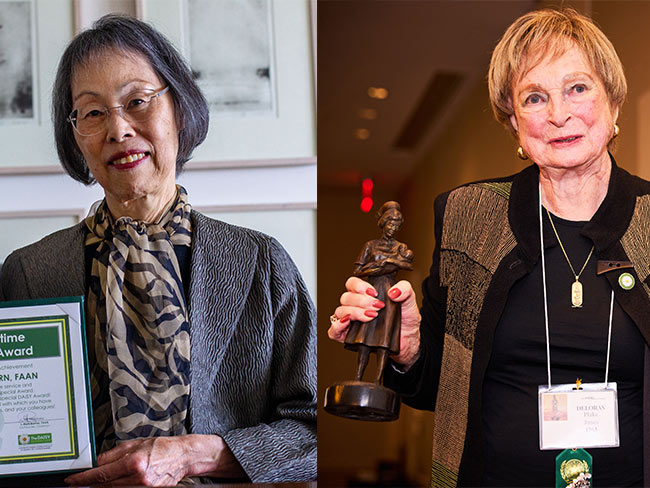
Kaiser Permanente nursing legends honored
The DAISY Lifetime Achievement Award recipient nurses have dedicated their life’s work to nursing through mentoring, leadership, and advocacy. They serve as role models and inspire others at all stages of their career. Deloras Jones, MSN, RN, and Marilyn Chow, PhD, RN, FAAN, received the award in 2023.
Jones is a Kaiser Foundation School of Nursing alumna, and former Kaiser Permanente chief nurse executive. She was recognized for her historic leadership and dedication to the nursing profession through the Deloras Jones Nursing Scholarship Fund.
Chow was Kaiser Permanente’s former chief nurse executive recognized for spearheading Kaiser Permanente’s Nursing Electronic Health Record Collaborative in 2003, and for her assistance in founding of the Garfield Innovation Center in 2005.
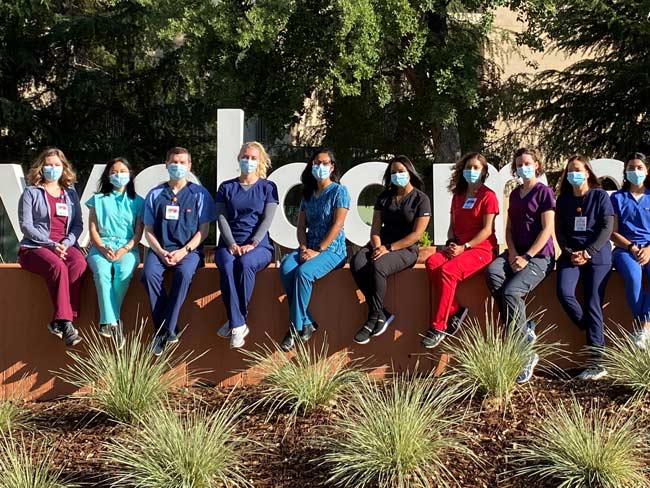
Helping grow the next generation of nurse leaders
The Practice Transition Accreditation Program® by the American Nurses Credentialing Center sets the global standard for residency and fellowship programs that transition registered nurses and advanced practice registered nurses into a new practice setting.
Thirty-six Kaiser Permanente hospitals earned the internationally renowned Practice Transition Accreditation Program. These hospitals include 21 in Northern California, and 15 in Southern California and Hawaii.
The hospitals participated in residency and fellowship programs that provide support for registered nurses as they transition into the workplace for the first time, return to practice after being away, or move between different types of clinical settings or specialties. The programs also ensure our nurses provide high-quality care to our patients, members, and family members.